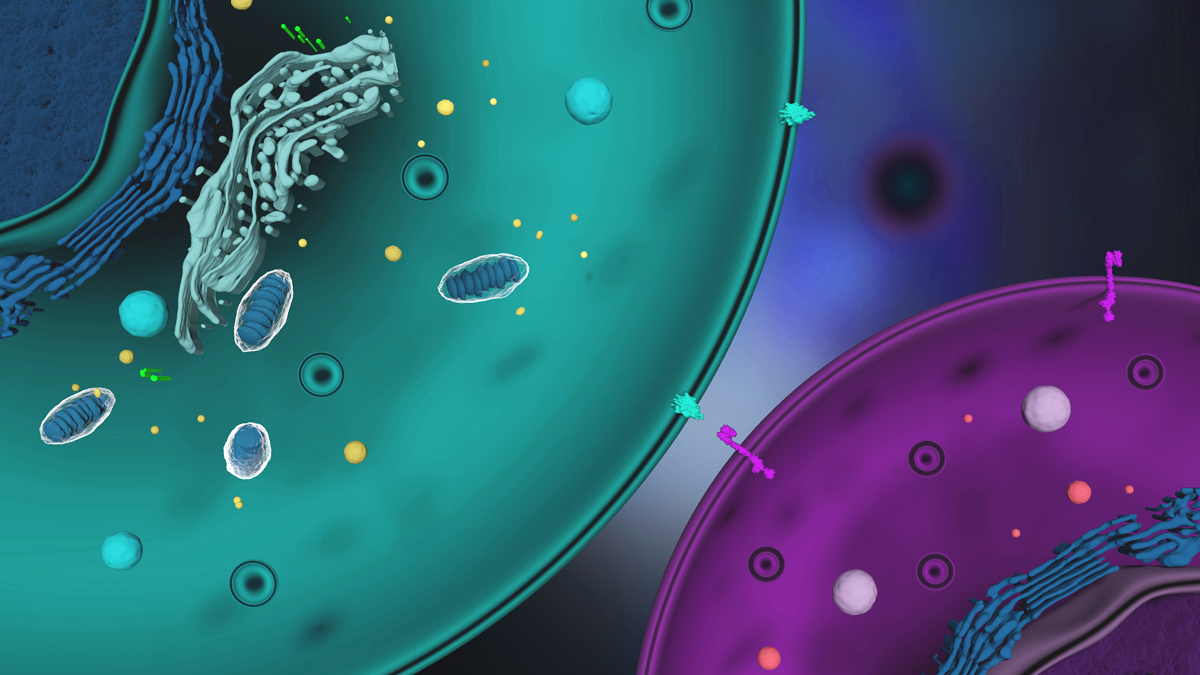

Cell-Cell and Cell-Surface Interactions
Exploring How Cell Interactions and Responses Govern Biological Processes
Cell-Cell and cell-substrate interactions are important for maintaining the structural integrity of cells and tissues and play an integral role in biological processes such as wound healing, cancer cell metastasis, and bacterial biofilm development.
The mechanisms governing cell-cell interactions and cellular response to a substrate or external mechanical stress are highly complex, and are not only governed by the functionality of the surface, but also by its morphology, viscoelastic properties and changes in the surface properties brought about by adsorbing molecules. These properties influence the growth and the stability of multilayer films, which can vary greatly depending on whether the cells are present in monolayers, multicellular scaffolds, tissues, organs or cell suspensions.
Bruker offers a range of tools, tailor-made for the specialized requirements of working with living cells. They deliver correlated datasets for important parameters involved in cellular interactions such as Young’s modulus, maximum cell adhesion force, single unbinding events, tether characteristics, and work of removal, allowing the quantification of the single-molecule binding events that contribute to the adhesion.